Between May 24th and 26th, bidders will have a once-in-a-lifetime opportunity to acquire some of Pininfarina’s first-ever NFT collection, based on their radical 1970 Modulo concept car.
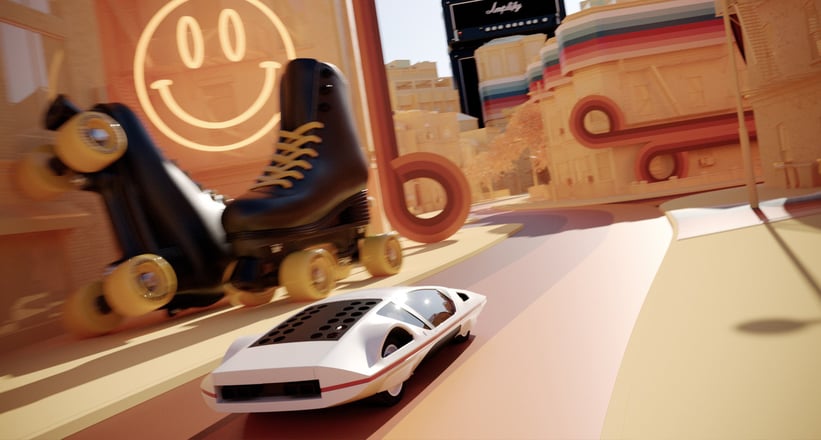
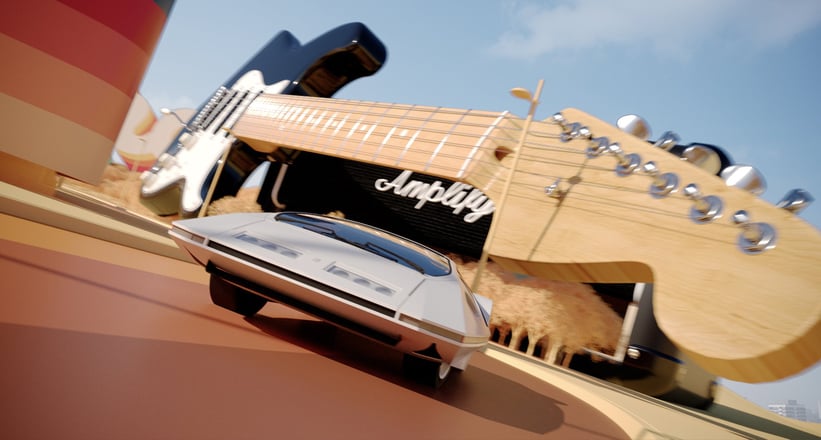
The assembled crowd must have let out a loud and collective gasp when the wraps came off the Pininfarina Modulo at the 1970 Geneva motor show. Designer Paolo Martin (also responsible for the Rolls-Royce Camargue and the Lancia Montecarlo, among others) had created a veritable spaceship for the Earth, a hyper-futuristic ‘rounded wedge’, comprising two overlapping bodyshells with faired-in wheels and a glass canopy roof that cantilevered forward so people could climb in. In the rear, a second canopy, punched with 24 holes, covered the Ferrari V12 engine and 512S running gear that gave the 900 kilo Modulo a theoretical top speed of 220 mph.
Man had first set foot on the moon the year before; and now, it seemed, space travel had come to terra firma. What could possibly be more far-out? Well, how about the opportunity to actually own the Modulo, albeit virtually? That’s the offer being made by Pininfarina and RM Sotheby’s this week when, between May 24 and 26, it will be possible to bid for the chance to buy the first NFT collection to be offered by the celebrated Italian design house.

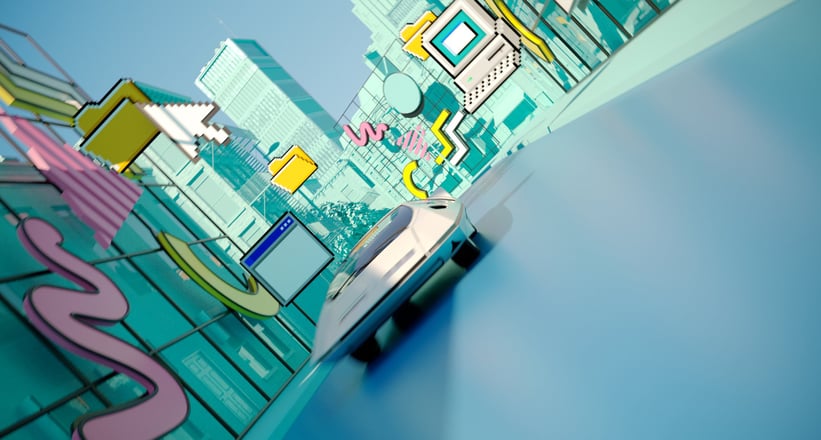
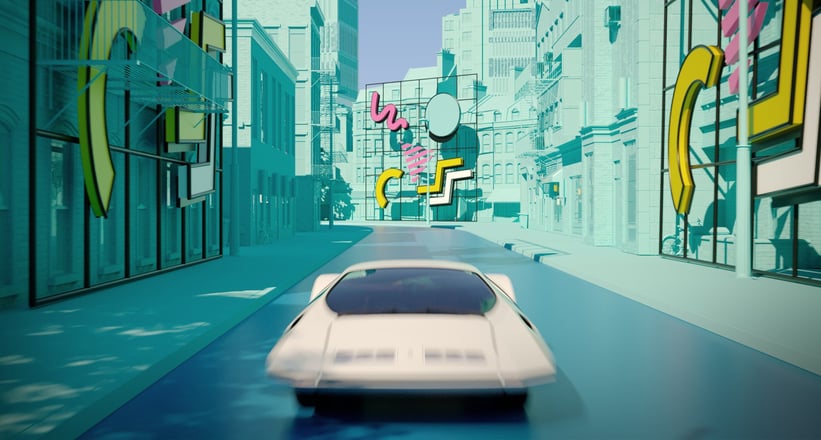
For their money, the successful bidders will land one (or more) of five unique NFT digital art ‘packages’ that celebrate the Modulo through ‘the merging of design, music and technology’. Among them is a digital booklet comprising Martin’s original sketches for the concept, which have been locked away in the Pininfarina archives for more than 50 years and never revealed to the public.
There are also two physical prints of the artwork, each signed by current Pininfarina CEO Paolo Pininfarina , with further elements comprising a series of five digital art renderings and five unique video animation NFTs by top artist Sasha Serota. Serota, the Los Angeles-based singer, musician, and sound engineer who produced Justin Bieber’s debut album ‘Purpose,’ set each of the five video animations in each of the five decades of the Modulo’s existence, naming them Modulo 70, 80, 90, 00 and 10.
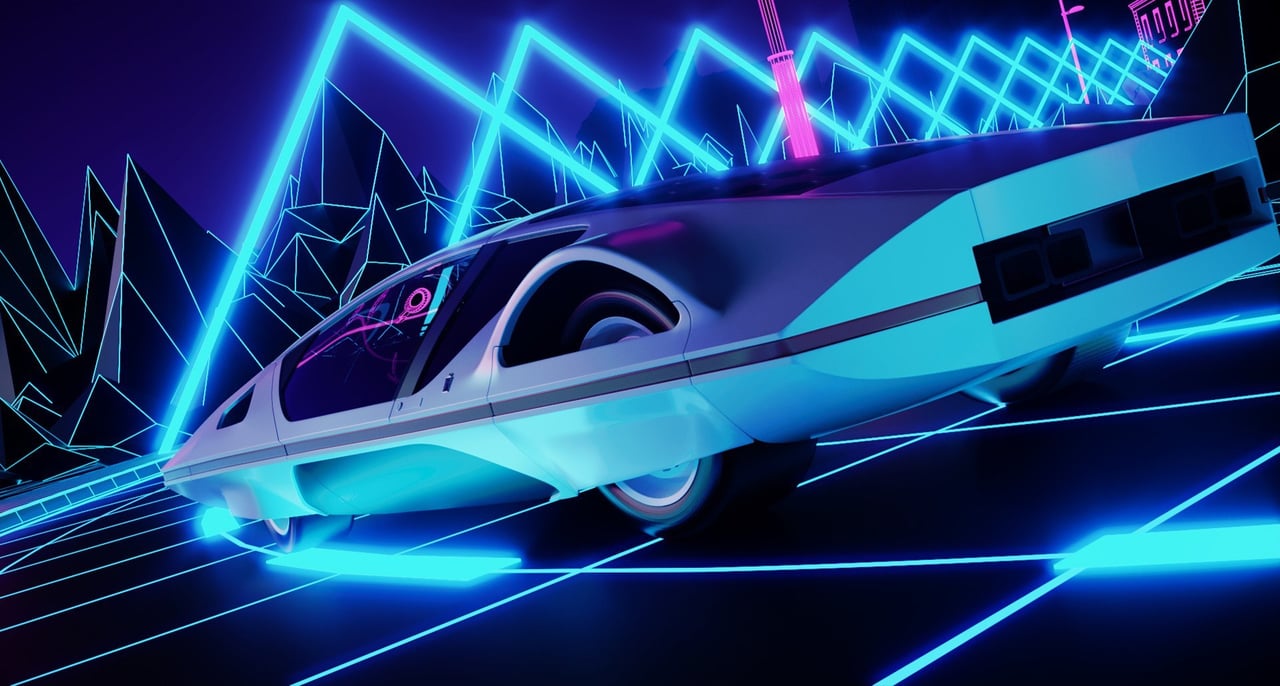


As well as an additional and unique digital representation of the Modulo, the winning bidders will also get a series of ‘live’ VIP experiences, including a private tour of the Pininfarina museum, a one-to-one meeting with the car design division at the styling house, and ‘immersion’ in its virtual laboratory.
“Pininfarina and the NFT community fit together very well, sharing the values and innovative design which sit at our core,” says Paolo Pininfarina. “This project is an exciting venture for Pininfarina, bringing a historic vision to life in the Metaverse, in tandem with real world benefits.”
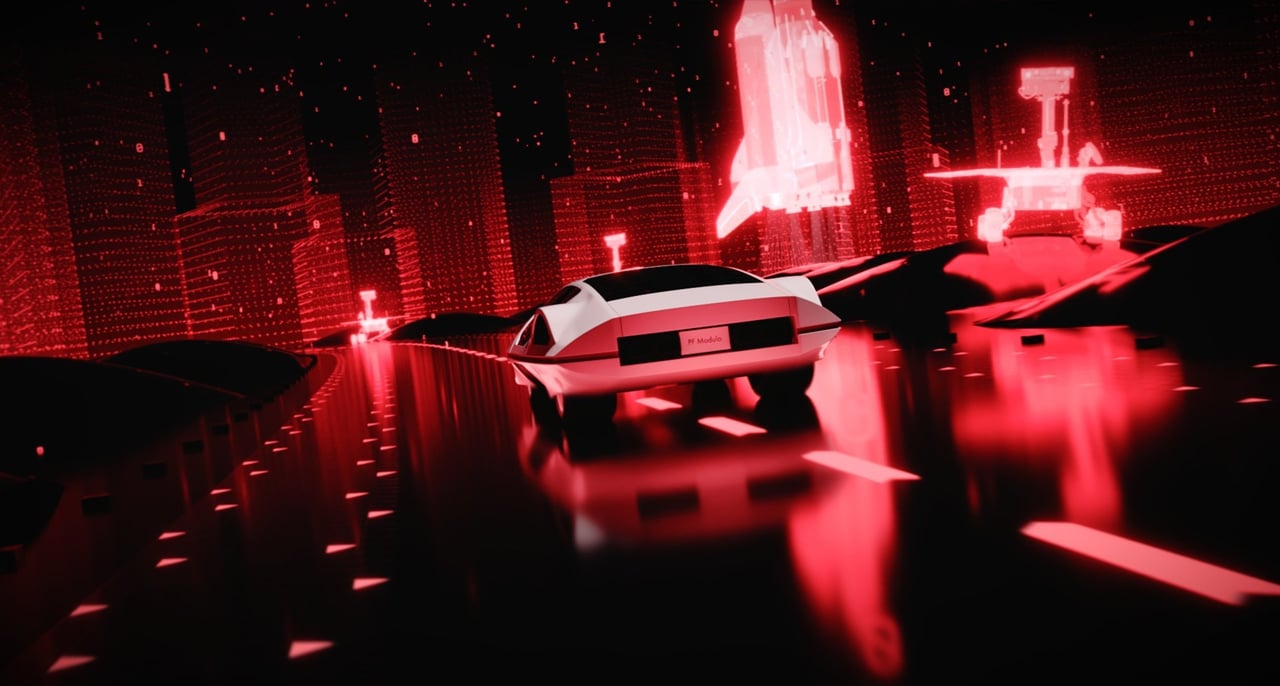
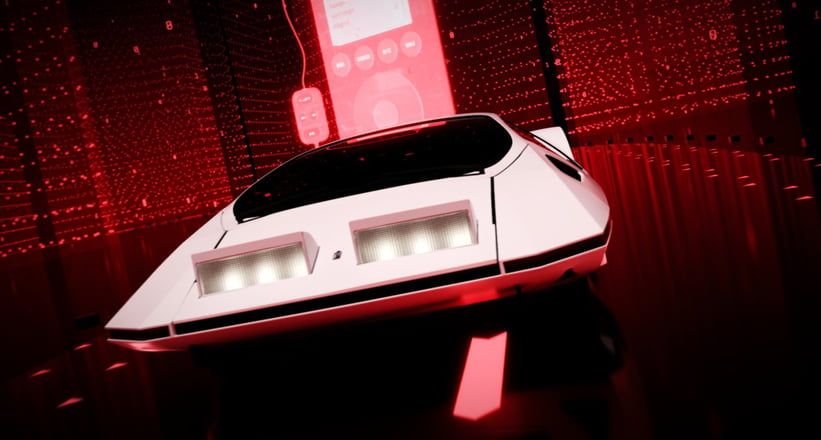

“We built our global reputation on innovation and beauty, and have never been shy of disrupting conventions and embracing new technologies. The Metaverse is a place where Pininfarina can continue to innovate without boundaries and bring its unique DNA to both established enthusiasts and a completely new generation of fans,” he added.
As many Classic Driver readers will know, Pininfarina sold the real-life Modulo in 2014 to film director and producer turned automobile entrepreneur James Glickenhaus. The boss of supercar manufacturer and endurance racing team Scuderia Cameron Glickenhaus already owned a stable of rare and valuable historics before acquiring the Modulo for an undisclosed sum. At the time it was suitable for use only as a static exhibit, but Glickenhaus had it meticulously restored and turned into a fully running and driving hypercar. It wowed the crowds once again at the Concorso D’Eleganza Villa d’Este in 2019, but shortly afterwards, the back end caught fire as Glickenhaus was driving the car through the hot and traffic-clogged streets of Monaco.

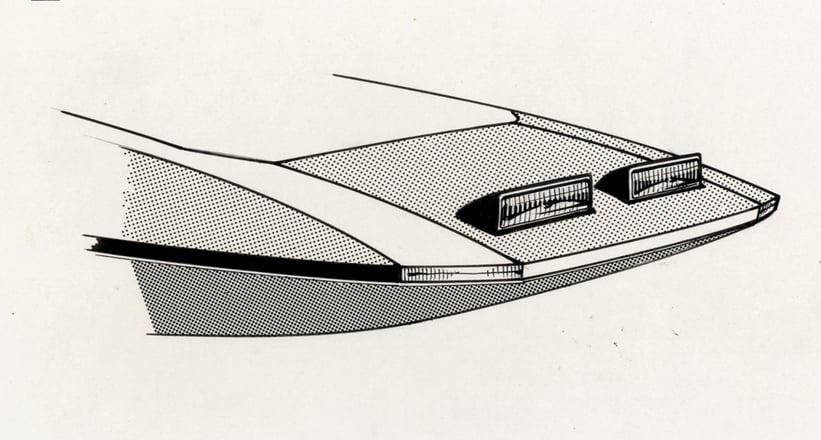
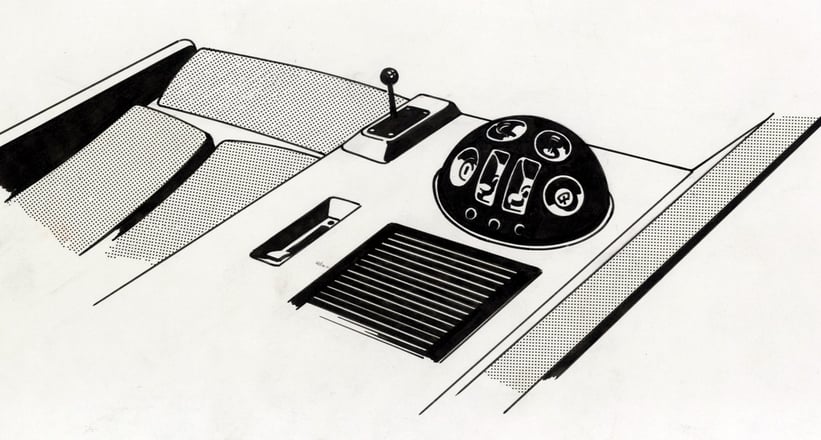
Quick thinking prevented the unique creation from being destroyed, but it was left with a singed and scorched tail – thought to have been the result of a badly routed exhaust system. Whoever buys the Modulo NFT collections will have no such worries, and they can even pay with crypto currency.
